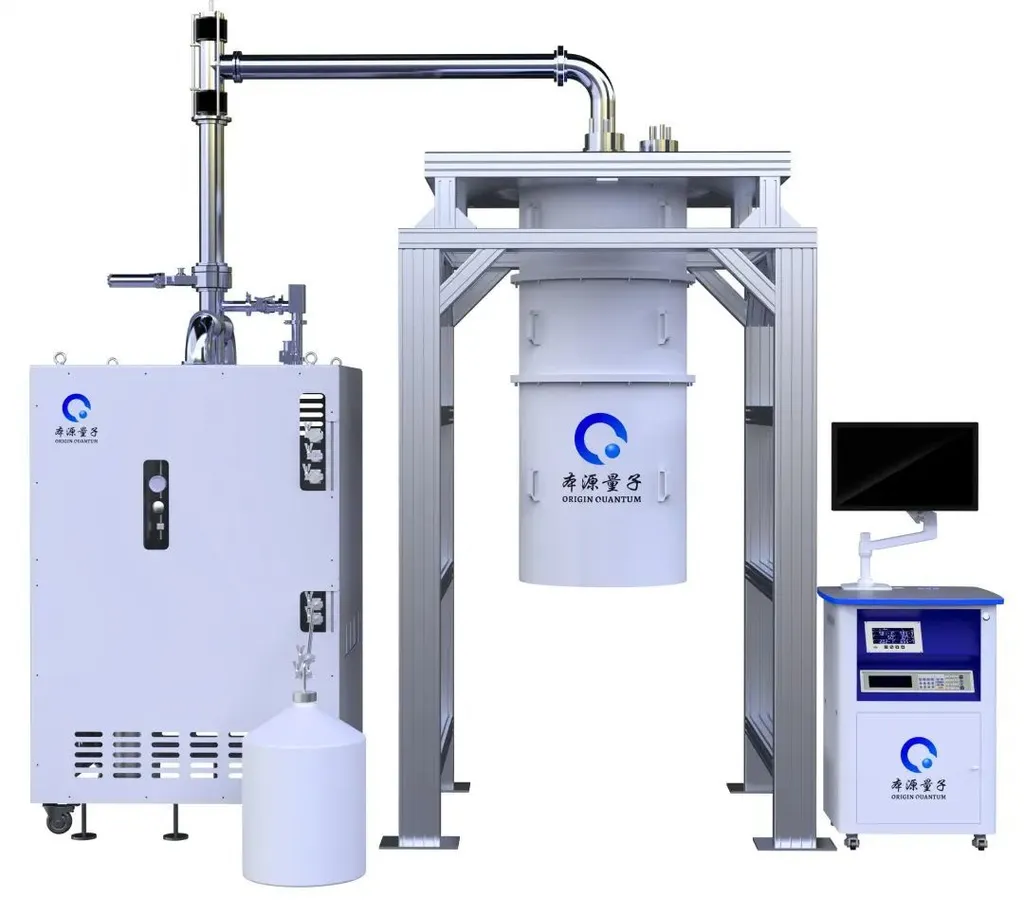In the world of ultra-low temperature physics, a breakthrough has emerged that could significantly impact the energy sector, particularly in the realm of dilution refrigerators. Li Zhiheng, a researcher affiliated with an undisclosed institution, has published a study in *Zhileng xuebao* (translated as “Acta Cryogenica Sinica”) that delves into the suppression of superfluid helium film flow, a critical factor in the efficiency of dilution refrigerators.
Dilution refrigerators are essential tools in various scientific fields, enabling temperatures close to absolute zero. They operate by circulating the isotope helium-3 (³He) through a complex cycle, producing cooling effects. However, the superfluid helium-4 (⁴He) present in the still chamber can form a liquid film on the walls, leading to significant heat leakage and reduced cooling capacity due to its anomalous thermal conductivity.
Li Zhiheng’s research focuses on two primary suppression structures: the “knife-edge” and the “small orifice.” These structures aim to mitigate the flow of the superfluid helium film, thereby enhancing the purity of ³He and improving the overall cooling capacity of the dilution refrigerator.
“Our experiments demonstrated that the combination of ‘knife-edge + small orifice’ structures resulted in a 35.6% improvement in suppressing the superfluid helium crawling film compared to using the ‘small orifice’ alone,” Li Zhiheng explained. This finding is a significant step forward in optimizing the performance of dilution refrigerators.
The implications of this research extend beyond the laboratory. In the energy sector, dilution refrigerators are crucial for various applications, including quantum computing, particle physics, and advanced materials research. By enhancing the efficiency of these refrigerators, Li Zhiheng’s work could lead to more sustainable and cost-effective energy solutions.
The study also highlights the importance of understanding the impact of ³He purity on the cooling capacity of dilution refrigerators. By addressing this issue, researchers can develop more effective suppression structures and improve the overall performance of these critical tools.
As the field of ultra-low temperature physics continues to evolve, Li Zhiheng’s research provides valuable insights into the suppression of superfluid helium film flow. This work not only advances our understanding of quantum phenomena but also paves the way for future developments in the energy sector. With the publication of this study in *Zhileng xuebao*, the scientific community now has a clearer path forward in optimizing dilution refrigerators and harnessing the full potential of superfluid helium.

